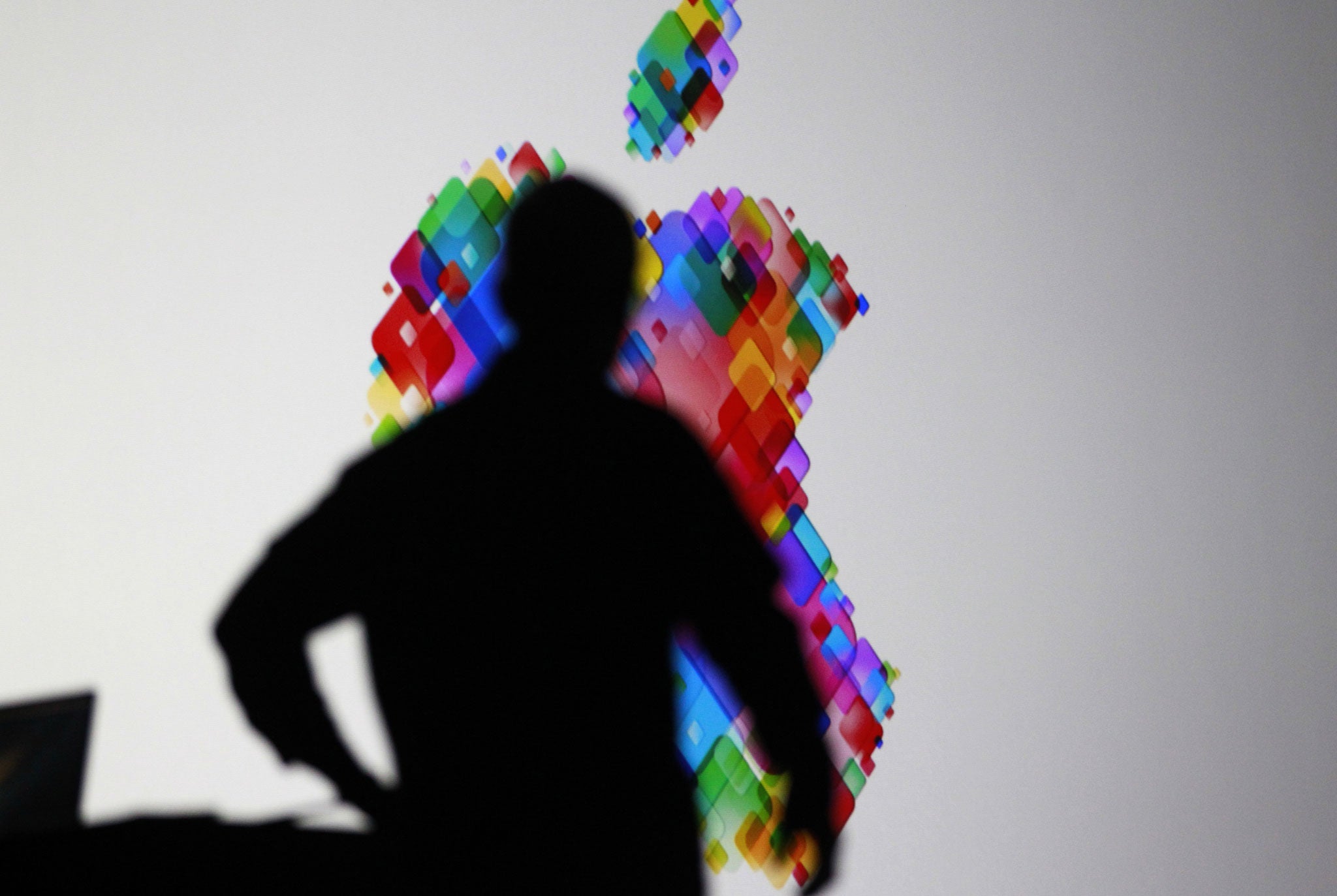NSA surveillance: Apple follows Facebook lead reveals US data requests

Your support helps us to tell the story
From reproductive rights to climate change to Big Tech, The Independent is on the ground when the story is developing. Whether it's investigating the financials of Elon Musk's pro-Trump PAC or producing our latest documentary, 'The A Word', which shines a light on the American women fighting for reproductive rights, we know how important it is to parse out the facts from the messaging.
At such a critical moment in US history, we need reporters on the ground. Your donation allows us to keep sending journalists to speak to both sides of the story.
The Independent is trusted by Americans across the entire political spectrum. And unlike many other quality news outlets, we choose not to lock Americans out of our reporting and analysis with paywalls. We believe quality journalism should be available to everyone, paid for by those who can afford it.
Your support makes all the difference.Apple is the latest US technology firm to join Facebook and Microsoft in revealing they have received between 4,000 to 5,000 surveillance requests from the US government since 1 December, 2012.
Last week, Facebook said it received between 9,000 and 10,000 requests for user data from federal, state and local authorities during a six month period. Taking a similar stance to the social networking site, Apple released a statement on their website stating they had been handed between 4,000 and 5,000 requests for customer data from US law enforcement in the period ending 31 May, 2013.
Between 9,000 and 10,000 accounts or devices were specified in those requests. The company denied any prior knowledge of National Security Agency Prism program until 6 June, when the media approached them with questions relating to it.
They had been authorised to share these data figures with the public now "in the interest of transparency".
"We do not provide any government agency with direct access to our servers, and any government agency requesting customer content must get a court order," their statement said.
Requests were most commonly made by police during criminal investigations or for national security matters. Apple added: "The most common form of request comes from police investigating robberies and other crimes, searching for missing children, trying to locate a patient with Alzheimer's disease, or hoping to prevent a suicide."
The firm also stressed that conversations taking place over iMessage and FaceTime are protected by "end-to-end encryption" to ensure that only the sender and receiver can see or read them. "Apple cannot decrypt that data. Similarly, we do not store data related to customers' location, Map searches or Siri requests in any identifiable form."
"Regardless of the circumstances, our Legal team conducts an evaluation of each request and, only if appropriate, we retrieve and deliver the narrowest possible set of information to the authorities.
In fact, from time to time when we see inconsistencies or inaccuracies in a request, we will refuse to fulfil it."
Join our commenting forum
Join thought-provoking conversations, follow other Independent readers and see their replies
Comments